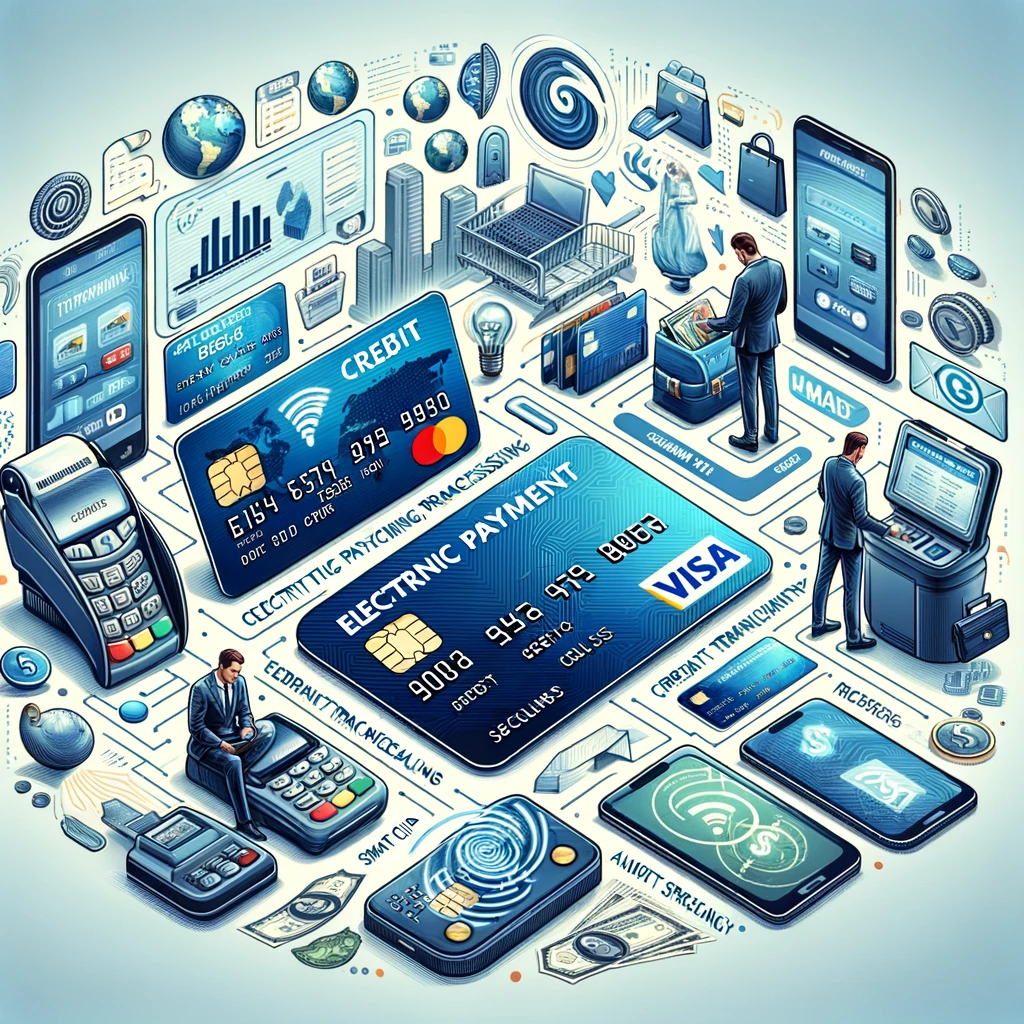Electronic payments are now the preferred way to buy goods or services. Consumers can use various types of payment cards, such as credit, debit, gift, and charge cards. These cards are linked to an account, which determines their classification. With credit cards, users can buy now and pay later, up to a pre-set limit.
Charge cards are often mixed up with credit cards. However, charge cards don’t allow carrying a balance from month to month. Credit cards do, letting users add purchases up to their credit limit. Debit cards pull money directly from a user’s bank account. Store-value cards are preloaded with funds and can be either anonymous or registered to a specific user. Gift cards are a popular option for businesses to offer and accept.
Understanding Credit Card Processing:
Data for credit card processing can be entered manually, read from a magnetic strip, or accessed through a smart chip. Magnetic strips, found on many cards, store data that machines can read by swiping. Smart chips, a newer technology, store data on an integrated chip for added security.
Proximity cards, the latest innovation, work without touching a reader, functioning within a few inches. All card types aim for maximum security, but fraud is still a concern. Businesses can minimize fraud by verifying the cardholder’s identity.
Credit card transactions can be one-time, recurring, or automatic. One-time purchases happen mainly online or in stores. Recurring payments are scheduled for ongoing services, like utilities or gym memberships. Automatic transactions are used for online bill payments.
Before choosing a processing provider, decide on the types of transactions you’ll offer and their frequency. Consider if you’ll charge monthly for services or if you’ll have many one-time sales. Answering these questions helps you select the right electronic payment card processor.
AVPS offers various account types and options for businesses. We can tailor our services to meet your business’s current and future payment processing needs.








